Learn Microcurrent
Introduction to Microcurrent
Microcurrent therapy uses extremely low‐level electrical currents (in the microampere range) to stimulate facial muscles and skin cells. It is often referred to as “non‐surgical face‐lifting” because the gentle electrical signals mimic the body’s own bioelectric currents, encouraging improved tone, circulation, and collagen/elastin production. It is best known for targeting expression lines because it can re-educate and train the muscles that cause smile lines, forehead lines, crows' feet, and more. It provides instant results, with consistency builds new muscle memory, which in turn yields lasting results.
The average price for a professional microcurrent facial typically ranges from $150 to $500 per session. The cost to learn how to perform it at home can be as little as $15
Benefits of Microcurrent
Improved Facial Muscle Tone & Contouring
Re‐educates facial muscles, lifting sagging areas over time.
Enhanced Circulation & Lymphatic Drainage
Sub‐clinical level currents help stimulate blood flow, reducing puffiness.
Increased Cellular ATP Production
Cellular “energy” is boosted, promoting collagen and elastin synthesis.
Reduction in Fine Lines & Wrinkles
Over weeks to months, helps smooth superficial lines, especially around eyes/forehead.
Better Product Absorption
Conductive gel and subsequent skincare products penetrate more deeply.
Non‐Invasive & Painless
When used properly, there is no downtime—ideal for busy lifestyles.
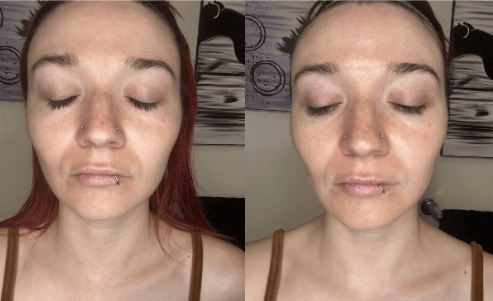



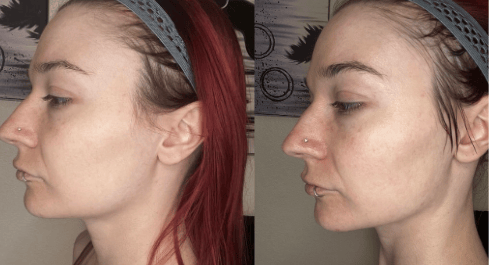

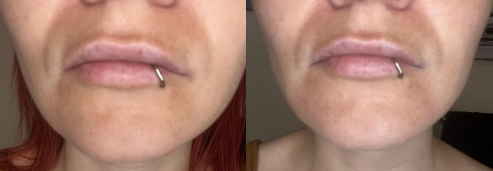

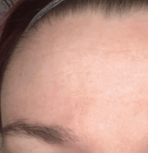

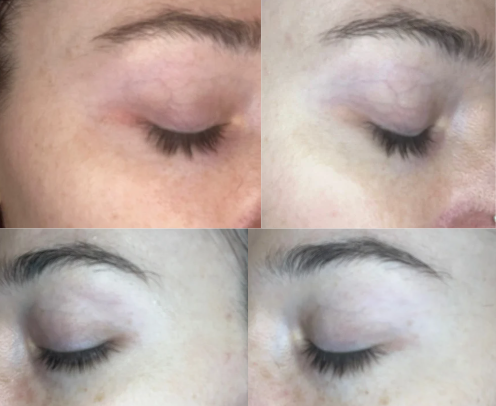

Before
Before
Before
Before
Before
Before
After
After
After
After
After
After
Example of Results After One Treatment
Contraindications & Precautions
Do not perform microcurrent therapy at home if any of the following apply:
Pregnancy or Breastfeeding
Pacemaker or Cardiac Conditions
The electrical currents—albeit low—can interfere with implanted devices.
Epilepsy or Seizure Disorders
Cancer (Active or Under Treatment)Severe Acne, Open Wounds, or Skin Infections
Recent Cosmetic Procedures
Chemical peels, fillers, or laser resurfacing within the last 2 weeks.
Metal Implants in Treatment Area (e.g., plates, screws)
Risk of localized heating or altered current pathways.
Uncontrolled Hypertension or Diabetes
History of Keloid Scarring or Poor Wound Healing
True Keloid scarring occurs after most cuts, hypertrophic scarring occurs after deep wounds like piercings or surgeries. Hypertrophic scarring is NOT a contraindication